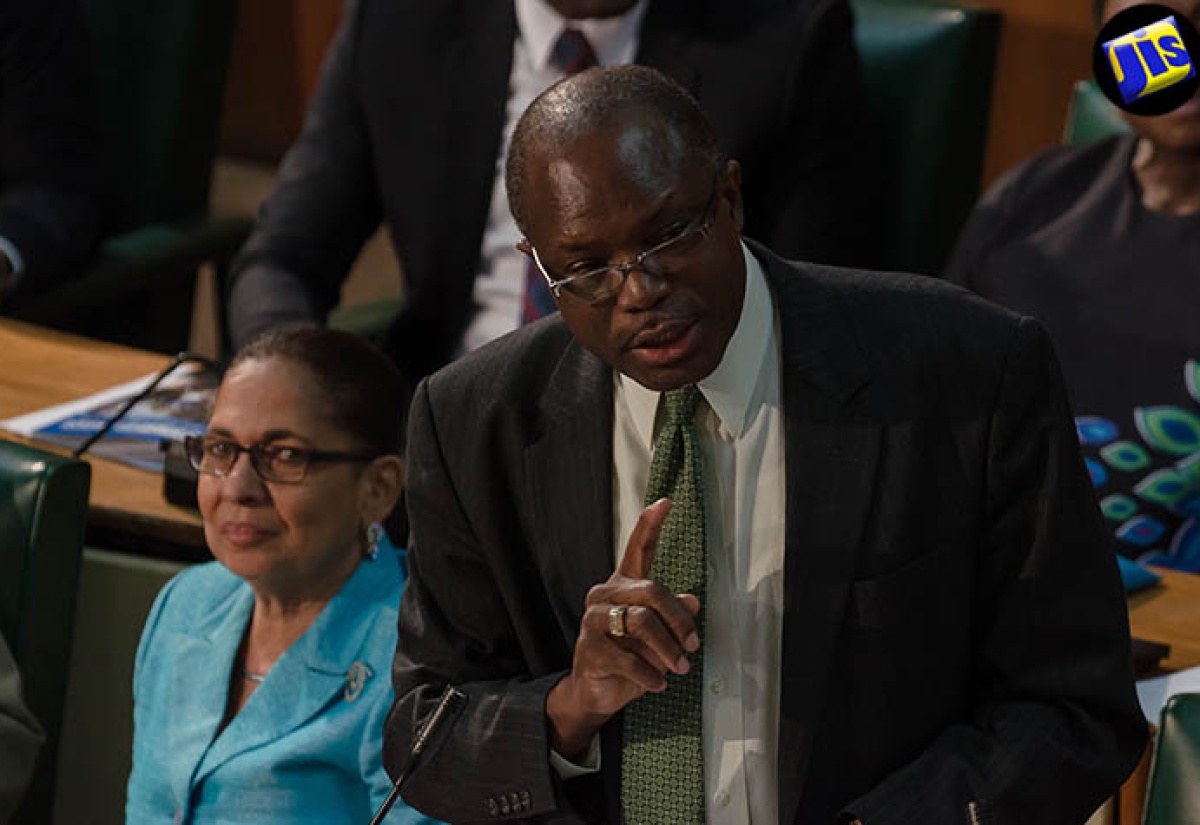New Technology to Repair Roads
By: , July 8, 2016The Key Point:
The Facts
- The process involves the removal of extraneous material, such as wires, fibre, dust, glass and rocks from the tyres, which is reduced to small pieces and mixed with asphalt.
- The State Minister said the NWA will be moving away from micro-surfacing of roads and using asphaltic concrete as the final surface for roads.
The Full Story
The Ministry of Economic Growth and Job Creation, in collaboration with the National Works Agency (NWA), is actively exploring the use of new technology for road rehabilitation.
State Minister for Works in the Ministry, Hon. Everald Warmington, said the new technology incorporates the use of “crumb rubber” in making asphalt for roads.
Making his contribution to the 2016/17 Sectoral Debate in the House of Representatives on July 6, he pointed out that rubberized asphalt contains regular concrete, which is mixed with crumb rubber from discarded tyres and is used as the final surface on roads.
He explained that the elasticity of crumb rubber creates a road surface that is 50 times stronger and less brittle than conventional asphalt.
The process involves the removal of extraneous material, such as wires, fibre, dust, glass and rocks from the tyres, which is reduced to small pieces and mixed with asphalt.
Mr. Warmington informed the House that once exploration is complete, the Ministry will be entering into a framework contract for the production and supply of the material. This is slated to take place sometime this year across seven parishes – Portland, St. Ann, St. Mary, St. James, St. Andrew, Clarendon and St. Catherine.
The State Minister said that recycling will reduce waste tyres, which pose health and environmental risks as they are common breeding sites for the Aedes Aegypti mosquito, which transmits the Chikungunya and Zika viruses.
“Over one million tyres are discarded annually in Jamaica, so the magnitude of the risk is great. Rather than costing millions to fight mosquito-borne diseases caused by improper disposal of tyres, we are going to be using these same tyres to save costs and build a more resilient road network,” he said.
The State Minister said the NWA will be moving away from micro-surfacing of roads and using asphaltic concrete as the final surface for roads. This, he advised, is a more cost-effective technique for repairing road surfaces.


